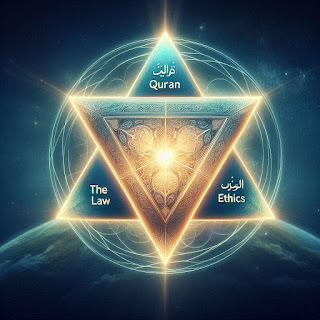Breaking Free: Rediscovering Purpose Through the Qur'an

How the Qur'an Transforms Stagnation into Growth and Reconnects Us to Divine Talents Breaking Free: Stagnation, Talents, and the Transformative Power of the Qur'an In a world that often traps us in cycles of stagnation and compulsions, many of us find ourselves stuck—in routines, comfort zones, or even obsessive pursuits—all while feeling disconnected from the very essence of our existence. These patterns, though subtle at first, grow into shackles that prevent us from evolving into the individuals we are meant to become. Yet, there exists a key to breaking free from this cycle: the Qur'an. Stagnation and Comfort Zones Stagnation can manifest in numerous ways. For some, it’s the robotic repetition of daily tasks, often under the guise of "mastery." Consider the example of someone engaged in the same activity for decades, refusing to explore beyond their current skillset because it feels safe. This cycle isn’t mastery; it’s a comfort zone disguised as progress. Mas...







,%20the%20thick%20bottom%20features%20the%20text%20'15_15_15%20Tafsir,%20Nah.webp)

